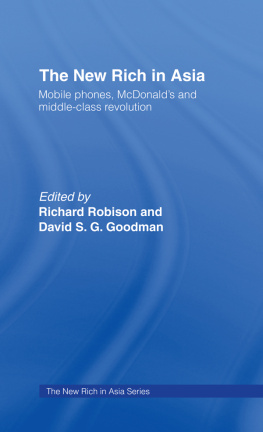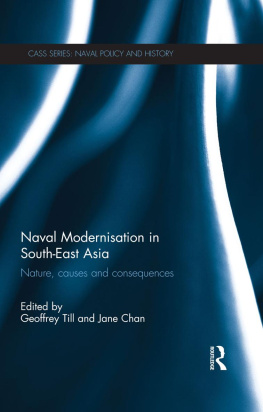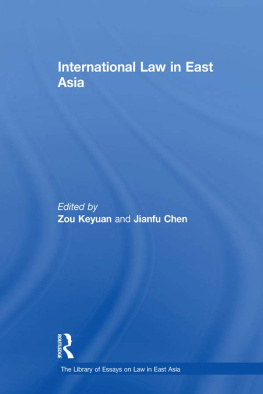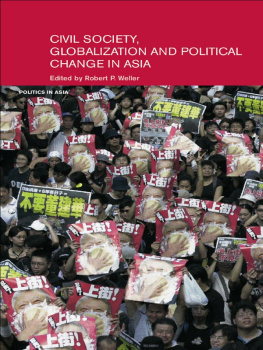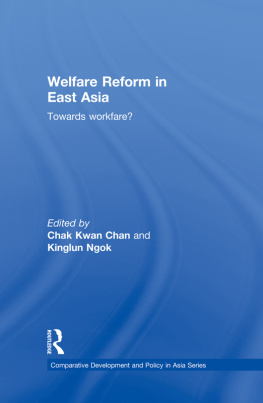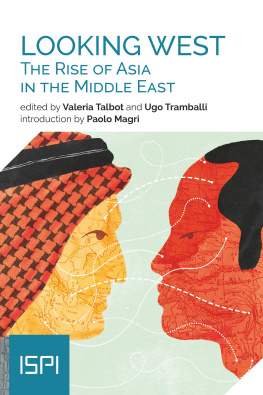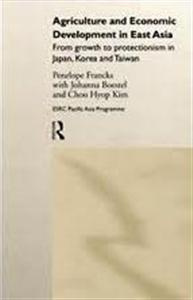The New Rich in Asia
In recent years dramatic changes in Asias social and economic systems have seen the burgeoning of a substantial middle class. This has captured the imagination of the West, in large part because the new middle class represents massive new markets for Westem-style products. But what are the other implications of the emergence of Asias new rich? Will they bring with them the institutions of liberalism, democracy, rule of law and new institutional freedoms? Or are Asias new rich quite different?
The New Rich in Asia: Mobile phones, McDonalds and middle-class revolution introduces a new series examining the social, political and economic construction of the new rich in East and Southeast Asia. It raises central issues about the nature of the new rich, including their social, economic and political impact on the region.
The contributors are acknowledged experts on the social and political systems they dissect. Each study, based on detailed research, combines theoretical and empirical material. This volume provides a valuable insight into the composition and global economic impact of these newly emerging classes and highlights a common inheritance of rapid economic growth.
Richard Robison is Director of the Asia Research Centre at Murdoch University. David S. G. Goodman is Director of the Institute of International Studies, University of Technology, Sydney.
The New Rich in Asia Series
Edited by Richard Robison and David S. G. Goodman
The New Rich in Asia
Mobile phones, McDonalds and middle-class revolution
Edited by Richard Robison and David S. G. Goodman

This book is a project of the Asia Research Centre, Murdoch University, Western Australia

First published 1996
by Routledge
2 Park Square, Milton Park, Abingdon, Oxon, OX14 4RN
Simultaneously published in the USA and Canada
by Routledge
270 Madison Ave, New York NY 10016
Routledge is an imprint of the Taylor & Francis Group
Reprinted 1996 (twice), 1997 and 1999
Transferred to Digital Printing 2007
1996 David S.G. Goodman and Richard Robison for the collection; individual chapters, the contributors.
All rights reserved. No part of this book may be reprinted or reproduced or utilized in any form or by any electronic, mechanical, or other means, now known or hereafter invented, including photocopying and recording, or in any information storage or retrieval system, without permission in writing from the publishers.
British Library Catologuing in Publication Data
A catalogue record for this book is available from the British Library.
Library of Congress Cataloguing in Publication Data
A catalogue record for this book is available from the Library of Congress.
ISBN 0415113350 (hbk)
ISBN 0415113369 (pbk)
Publishers Note
The publisher has gone to great lengths to ensure the quality of this reprint but points out that some imperfections in the original may be apparent
J. J. Chu is Associate Professor, Institute of Labour Relations at the Chinese Culture University, Taipei. She was a Research Fellow at the Asia Research Centre, Murdoch University, during 1993.
James Cotton is Professor of Political Science, University of Tasmania, Hobart. He was previously Senior Research Fellow in the Northeast Asia Programme, Department of International Relations, Australian National University. His publications include Korea Under Roh Tae-woo.
David S. G. Goodman is Director of the Institute of International Studies at University of Technology, Sydney. He was previously Director of the Asia Research Centre, Murdoch University. His most recent publications include Deng Xiaoping and the Chinese Revolution and (with Gerald Segal) China Deconstructs.
Kevin Hewison is Foundation Chair and Head of the Department of Asian Languages & Societies at the University of New England, Armidale, Australia. He is a Fellow of Murdoch Universitys Asia Research Centre.
Lo Shiu-hing is in the School of Social Sciences at Hong Kong University of Science and Technology. He was a Research Fellow at the Asia Research Centre, Murdoch University, during 1991/2.
Joel S. Kahn teaches in the School of Sociology & Anthropology, La Trobe University, in Melbourne, Australia, and has previously lectured at University College London and Monash University. His most recent book is Culture, Multiculture, Postculture.
Kim Hyung-a van Leest teaches Korean in the Faculty of Asian Studies, Australian National University.
Michael Pinches is in the Department of Anthropology, University of Western Australia and is a Fellow of the Asia Research Centre, Murdoch University. He is the co-editor of Wage Labour and Social Change: The Proletariat in Asia and the Pacific and secretary of the Philippine Studies Association of Australia.
Richard Robison is Professor of Southeast Asian Studies and Director of the Asia Research Centre, Murdoch University. He is the author of several books including the celebrated analysis of contemporary Indonesia, Indonesia: The Rise of Capital, Professor Robison is a member of the AustraliaIndonesia Institute.
Garry Rodan is a Senior Research Fellow of the Asia Research Centre, Murdoch University. His publications include The Political Economy of Singapores Industrialisation and Singapore Changes Guard.
The Asia Research Centre on Social, Political and Economic Change was established at Murdoch University, Western Australia, as a special research centre by the Australian Research Council in 1991. Its major focus is the analysis of the newly emerging classes of East and Southeast Asia the new rich and not only their impact on their own societies and the region, but also the consequences for Australia. These perspectives have resulted in three kinds of research: studies of social and political change in the countries and societies of East and Southeast Asia; examination of relationships between Australia on the one hand, and East and Southeast Asia on the other; and the discussion of more theoretical and comparative questions about the processes of social change.
The New Rich in Asia is a series of six volumes presenting the comparative work undertaken and organised by the Asia Research Centre into the processes of social, political and economic change currently under way in East and Southeast Asia. Its focus is the new rich not because of a belief in the absolute wealth of the region although some undoubtedly have a cargo-cult mentality towards these economically developing societies but because of the concern with those classes and social forces newly enriched in the processes of modernisation in this part of the world. Nor for that matter are the new rich necessarily the same as the middle class or classes, although they are often interpreted in that way. The extent of that identification is precisely one of the key questions at the heart of this endeavour.
This volume is the first of a planned six-volume analysis of The New Rich in Asia. Its chapters seek to identify the new rich of East and Southeast Asia historically, politically, economically and socially, but do not proceed from the assumption that the new rich are liberal middle classes, or that wealth results in liberal democracy. Instead, they are concerned first to identify the different component elements of the new rich and to assess the consequences of their emergence in a variety of areas: politics, ideology and culture, the organisation of social power, gender and the household, the relationship between state and economy, and, not least, perspectives of region, nation and world.
Next page
